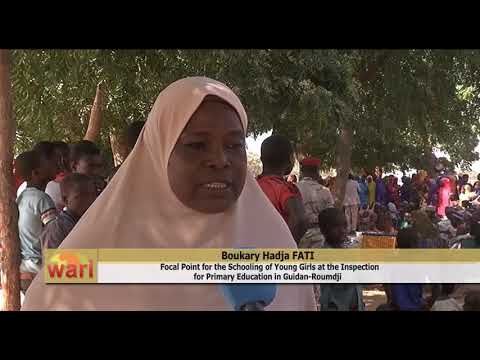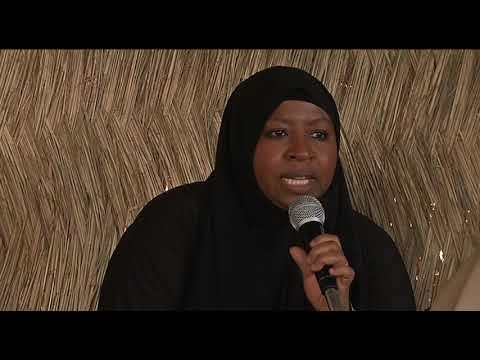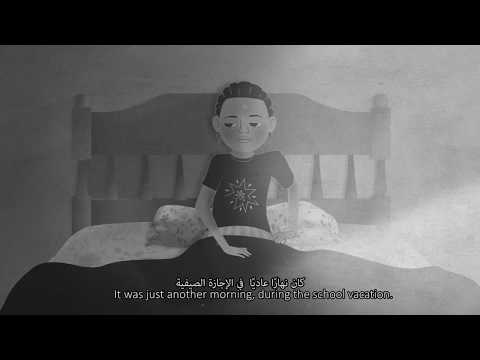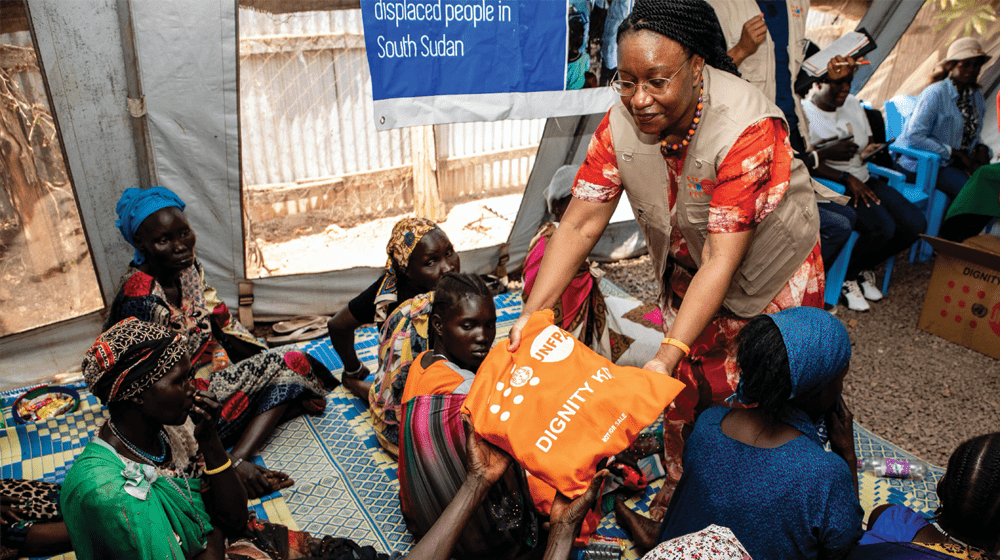Collective effort is urgently needed to address the plight of internal displaced Women and girls in Juba, Ms. Lydia Zigomo urges.
Conflicts have always had a devastating effect on women, girls, young people, and children across the world, and the situation in South Sudan is no different from the rest. Natural shocks and conflict place women under precarious conditions with many falling victim to conflict-related violence including sexual and Gender-Based Violence in addition to loss of health services and other basic needs.
Several internally displaced women in the Juba protection of civilian site have decried the tough living conditions that they have to endure, saying that they go for months without food, limited rights to access reproductive health services, risky environment for their daughters, fear of insecurities, and poor shelters with harsh climate conditions.
During her visit to the Juba IDP camp, UNFPA East and Southern Africa Regional Director, Ms. Lydia Zigomo called for the urgent and collective need to address the plight of the displaced women and girls stressing that the needs are so huge in South Sudan and require adequate resources to respond to the needy to have a right to live decently and free from violence.

“What I have witnessed here in the camp is the immensity of the needs for every necessity. That is something that we need to keep highlighting to not just the government of South Sudan but also to the international community” Zigomo said.
Ms. Zigomo in a one-on-one session sat down with internal displaced women to patiently listen to them as they poured out their cries on issues affecting them. She noted that there is a need to invest more in peace for sustainability, continuous support for reproductive health services and supplies for the women particularly those of reproductive age to have choices for family planning, and activities that gear towards societal change of norms citing that early marriage and unintended pregnancies are still the elephant in the building stressing that children should be borne by choice, not by chance.

“I would like to see our daughters go to school and complete their education than having babies as teenagers which will lead to progressive societies” Ms. Zigomo said.
Rebecca Nyakot, a mother of five who got displaced from Unity State following outbreak of conflict in 2013 said they often spend more than four months without food and clean water. The war has made most of them widows where they take the burden to be breadwinners, yet they don’t have resources for their families.
“Our safety and health condition are worrying as we take on risky long journeys in the bush outside the camp to collect firewood which expose us and our daughters to rape. We do not know how long we are going to stay here”. Nyakot cried as she narrated the story
Mary Nyagai, another displaced person said they are overburdened with taking care of their children, adding that they need food, education, and health services. She narrated that their girls were compelled to drop out of school as a result of rape, early and forced marriage.

“Here in the camp, it is only women responsible for the children, women go and fetch firewood to sell so that they survive, but that is increasingly difficult work because of the attacks. There is no one to stand with us” Nyagai said.
Ms Zigomo said that during her few days in South Sudan, most of her conversations with various groups of women and the government focused on the need to eradicate gender-based violence and promote peace as a foundation for sustainable programming.
She pledged to advocate for women and bring their voices to those who could aid them.
“I am a mother and have a daughter just like you. It is our responsibility as women to ensure that those girls and our children have a different, better reality and experience than ours,” she said
At the IDP Camp, UNFPA is supporting the health facility through International Medical Corps (IMC) to provide reproductive health services to women and girls in the camp, to ensure save birth and provide family planning in addition to other regular services. The clinic serves a population of 24,500 Internal Displaced Persons.


